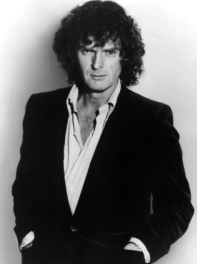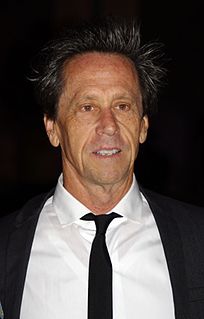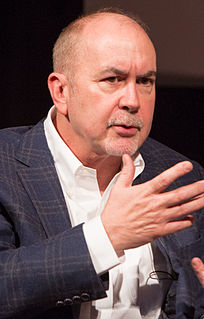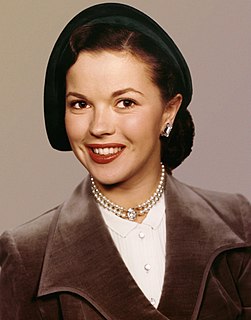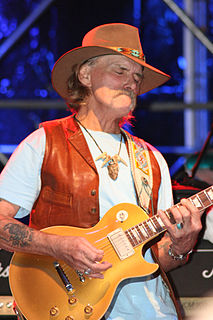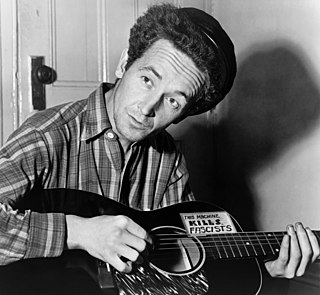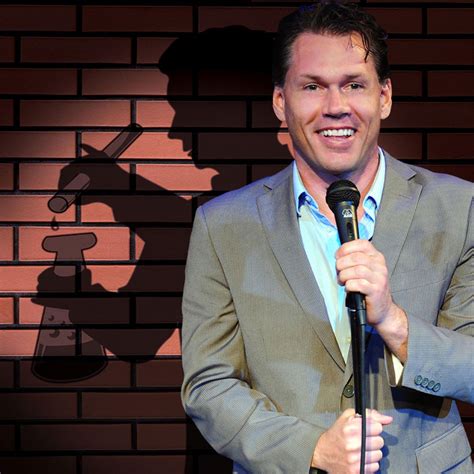A Quote by Don Imus
I'm so happy, I think I'll dress up like J. Edgar Hoover and sing show tunes.
Related Quotes
I just kind of had my own impressions growing up with Hoover as a heroic figure in the 40s - actually the 30s, 40s, and 50s and beyond - but this was all prior to the information age so we didn't know about Hoover except what was usually in the papers, and this was fun, because this was a chance to go into it [ during filming 'J. Edgar Hoover' ]
We're interested in complex characters and he's a complex character, [J. Edgar] Hoover. I like these types of dramas. I've made a few of them and I'm also interested in power structures so it just has elements that fascinate me, and the more you learn about Hoover, the more polarizing you realize he is.
